If He Ripped Off My Hijab
October 23, 2017
I was in AP World History and the teacher began class. He was a substitute and let us lead ourselves in checking the study guide. We were on Question 25 when he interjected, gestured to a kid across the circle, and asked me, “What would you do if that bloke over there ripped off your hijab?” I was momentarily stunned but played it off. I’d rehearsed my answers to questions like this. “I’d love to respond after class, but for now, if we could focus on the study guide, that would be great. I don’t my want my talking to take away from class time,” I said. If my dignity was going to go down the drain, I wasn’t interested in my classmates watching it go down with me.
As an American Muslim in 2017, I’m not unique in my experience. Since 9/11, Muslim kids across the country have also been left feeling shocked and ostracized daily. When you grow up with your community continually antagonized on nightly news, discrimination becomes a reality. I live that reality. That being said, I have been sheltered from experiences that many of my Muslim peers have been exposed to. I’ve attended liberal private schools since second grade and was homeschooled before that. Although I’m instantly recognizable as a Muslim, the reality of Islamophobia is often muted during school hours for me. I’m not being taunted or teased. Instead, my voice and my opinions are respected. Yet this particular scenario, however slight compared to the bias that my Muslim sisters and brothers face regularly, turned prejudice up full blast.
I’ve always been the only hijabi at school. I attended a small K-12 school in Bethesda called Washington Waldorf where, from second to eighth grade, no one in the entire school looked like me. Moving to Sandy Spring Friends School in 9th grade was no change. Switching schools meant that, again, I was inheriting the implied responsibility of representing all Muslims, Arabs and anyone affiliated with Islam. Representing all Muslims is not my job, but I show up for the responsibility every day. I’ve educated people so that they can then go on to teach other people. I’ve sat through people mansplaining my experiences. I’ve felt the eyes on my back when someone says “terrorist,” “ISIS,” or “Boko Haram.” An ignorant hijab question just marked another day in my life.
Representing Islam has become so much a part of my life that sometimes I can’t tell where it starts and where it ends, especially at SSFS. Our school community sometimes over-values minority students to the point of tokenism. When I am asked to attend SSFS events and meetings, when I am included in promotional materials for the school, or when I am chosen to represent the student body, I’m often unsure: am I really qualified to serve in this role, or am I selected as a token of the school’s diversity? Is the value of my culture worth more than the value of my character? That day in AP World class, my cultural value was worth more. I went from student to cultural ambassador for the sake of the substitute’s ignorance. My self-respect was shot in the name of representation.
Wearing the hijab has become one of the most important facets of my life. I began wearing it as a seven year old, on my first day of second grade, and have not stopped wearing it since. I’m used to being seen primarily for my religion before anything else. I get it. I have a voice and experience that no one else does. I’m so incredibly grateful for the opportunities I’ve been given to speak and am honored to share my culture. Even so, being a representative of the 1.8 billion Muslims in the world still has repercussions of prejudice, even like ostracizing comments at SSFS.
Most of my white and non-Muslim friends will never experience the same things I do. They walk out of the house in shorts and t-shirts. They buy meat from a regular supermarket. They don’t bring their own marshmallows to campfires. My AP World classmates now know a little bit of what I face, however. The experience has matured both me and them. I’m more aware of the constancy of cultural ignorance. They’re more aware of its impact on minority students like me. Though I’ll always be tasked with the burden of representation, ignorance has brought us one step closer to understanding.

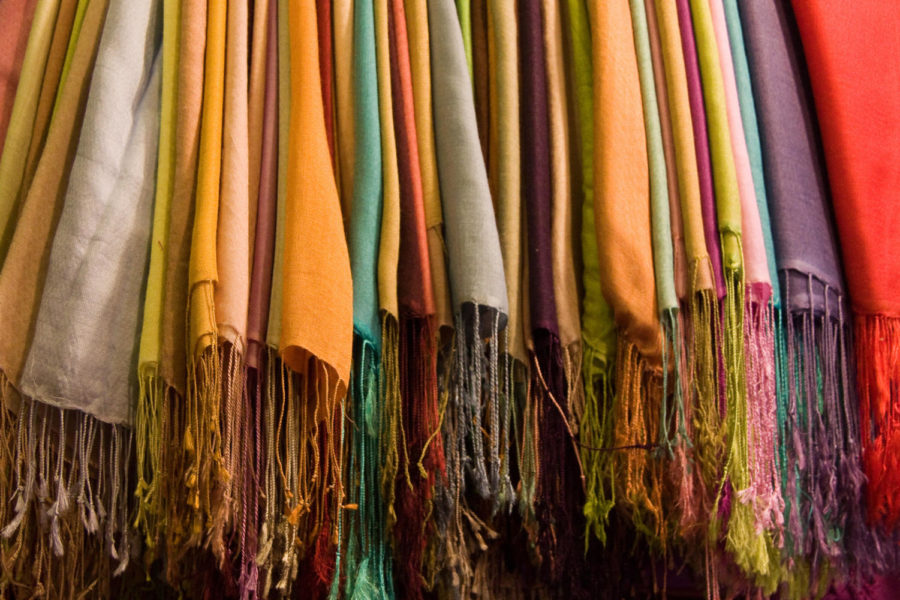
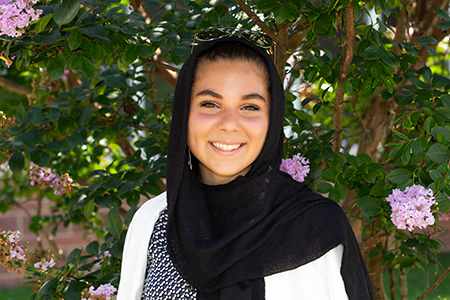
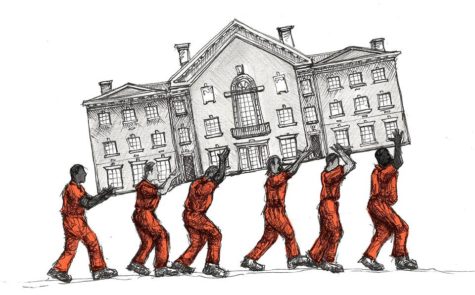

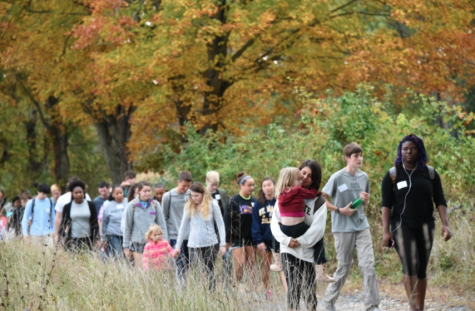
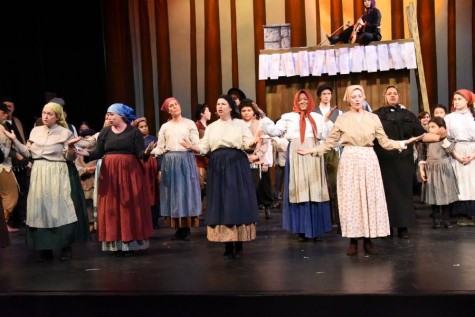
Matthew Mangum • Nov 19, 2017 at 8:59 am
I believe that you have done an astounding job at covering a very important topic. As someone who does not experience these same incidents I valued the light that you have shined onto this topic.
Good job
Ruby Branyan • Nov 10, 2017 at 11:14 am
In regards to the above comment: it’s not Samaa’s job to enforce respect. It’s not her responsibility to educate people on how not to be islamophobic – it’s their job to not be islamophobic. Imagine the kind of emotional burden that is already placed on Samaa just by being the only hijabi in our school. She is going to experience comments like these just because she exists in an almost completely non-Muslim environment. If anyone should be further investigating this comment, it’s the person who made it investigating their own ignorance. Just because Samaa experiences these things does not mean she shoulders the responsibility of mediating and educating. That’s something she does of her own accord when she feels able.
Hanke Chen • Nov 7, 2017 at 9:32 am
I sometimes have the same feeling, the feeling to express my identity. Well, it is hard if people just follow what other people do and “be silenced” by the enviroment. When people make fun of the national identity of people in the country I used to live in, I laugh with them. Because I believe that nobody wants to be rude for no reason, I respect their joke and have fun with them by making a self-mockery.
Elizabeth Anderson • Nov 1, 2017 at 6:54 pm
This is a very interesting op-ed piece and I appreciate your willingness to allow us into this part of your daily experience. I wonder, though. You speak of the substitute’s “ignorance,” several times, specifically using the term “cultural ignorance.” Did you ever have a conversation with that individual? Do you think that it could be worth the time to find out more about the substitute before consigning that person to a certain “group,” just as you felt consigned by the comment? It would make for an interesting piece of journalism.
Amelia Caiafa-Reuben • Oct 25, 2017 at 4:08 pm
This article presents an interesting point. As such a diverse school with people of so many different backgrounds, questions regarding people’s different cultures often come up. I’ve seen it in my history class when we talked about Zhu Di and peers in my class compared how they learned about the Emporer in China to SSFS. It’s one of my favorite parts of class discussion- learning about different cultures in relation to ours from my classmates. Obviously the example Sammaa shares is clearly out of line but it makes me wonder about less obvious, more nuanced questions that teachers (or students) ask us in the classroom- are they really interested or are they being rude? Where do we draw the line between the two? The multitude of backgrounds at our school has the ability to (and does) create a really special dynamic but does it have the possibility of being detrimental when people aren’t sensitive or careful?
Ella Gilbert • Oct 24, 2017 at 5:45 pm
This was an outstanding article. I was very moved by the words that you have written so thoughtfully, truthfully, and eloquently. I look forward to reading more of your writing.